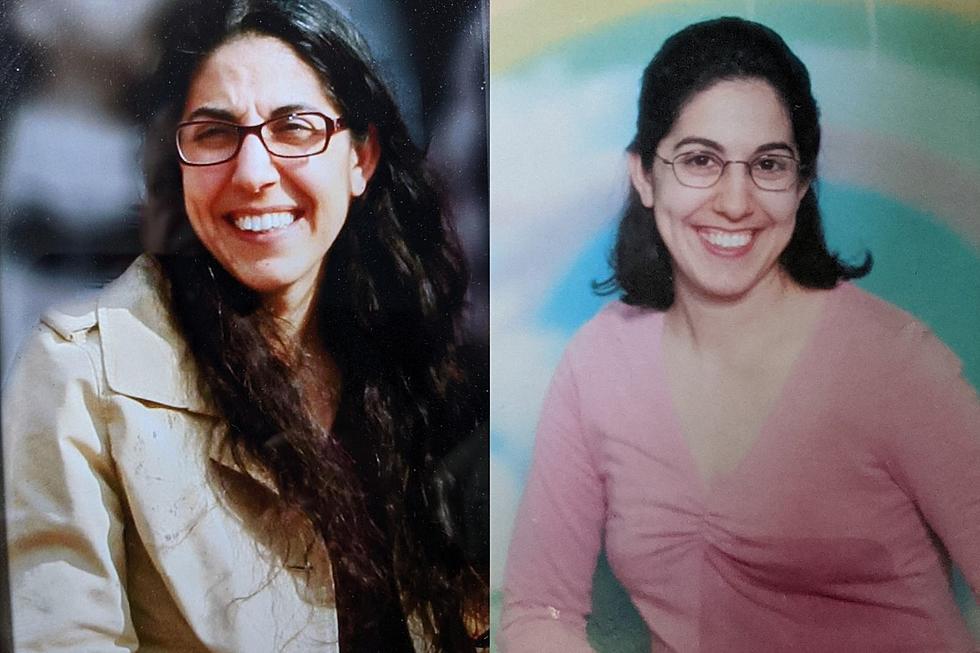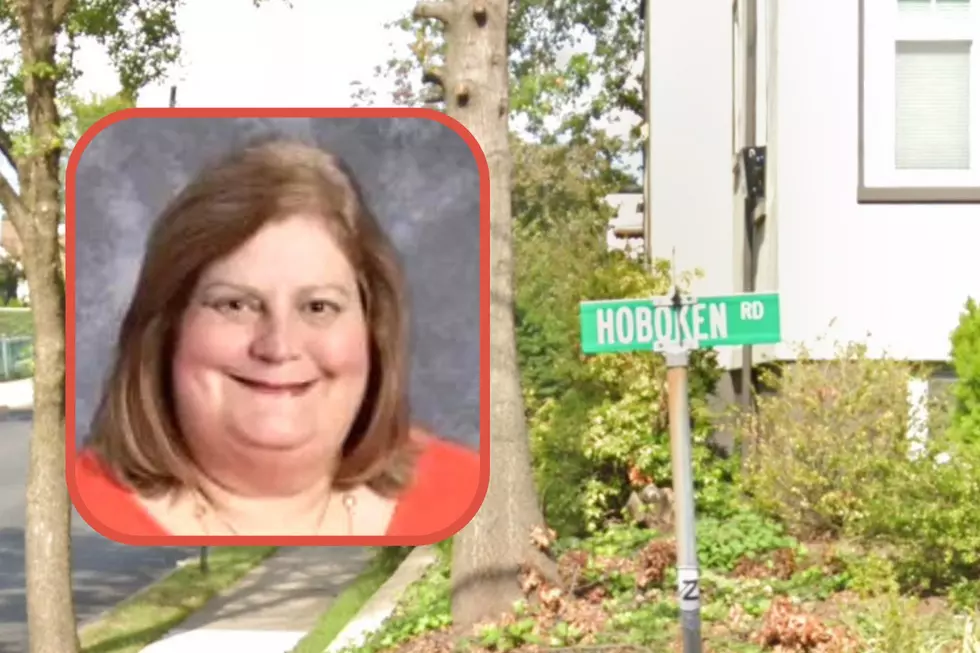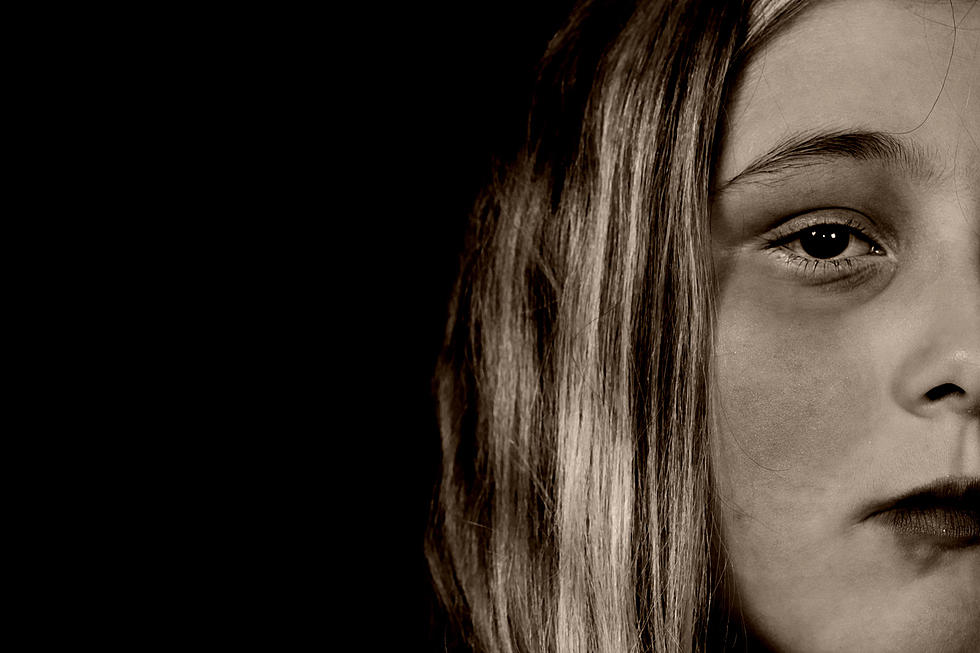
NJ man lost a daughter to domestic abuse, now educating others to save lives
Pete Miragliotta knows he missed some warnings signs before his daughter's life was cut short.
But he also knows that most people would miss the same signs.
That's why he's devoting much of his time today to educating others on the prevalence of domestic abuse, what to watch for in your own relationship or in others, and how to reach out for help. The guidance is arguably even more important in light of the pandemic, which had many people suffering in silence at the start and has since resulted in an uptick in activity for shelters and other resources across New Jersey.
On July 6, 2016, Pete's daughter Michele was fatally shot by her husband of 22 years on the front lawn of their Carlstadt home. Michele's husband took his own life soon after, and Pete and his wife instantly became the immediate guardians of Michele's three kids.
"There had never been any physical violence in their relationship ... but there were other things I learned later that are telltale signs," Pete told New Jersey 101.5.
The Rutherford resident said that people wrongly look only for physical signs of violence — a black eye, for example. But domestic abuse manifests in other ways that may be front and center in public.
"Putting the other person down in front of others — there's a difference between light teasing and being ultimately critical of someone," Pete said. "It could be controlling behavior — if the spouse has to get permission from the other person to spend money or go somewhere."
These aren't automatic signs of an abusive relationship, but Pete noted that domestic violence hotlines aren't only meant for victims — people who are concerned about someone else's situation can pick up the phone for advice and potential resources.
Michele was less than a month away from her 45th birthday. According to Pete, Michele yelled to her kids — aged 9, 11 and 14 at the time — to get out of the house when her husband entered with a gun. And they listened.
"There was some premeditation, in my mind, because he retrieved his shotgun ... by breaking into his mother and father's house," Pete said.
Michele was shot once inside the house, Pete said, and the fatal shot occurred outside. By the time police entered the home after surrounding it, Michele's husband had killed himself.
Pete noted that his son-in-law had been dealing with depression for much of his life. He was committed for mental health issues a couple of times, and couldn't hold down a job.
"He expressed to me on more than one occasion his fear of her ever leaving him," Pete said.
Pete said he's learned "an awful lot" about domestic abuse since that tragic July evening. Presently, he is the board president at Center for Hope and Safety in Bergen County, which helps adults and children rebuild their lives beyond domestic violence.
The nonprofit has answered more than 6,000 calls during the coronavirus pandemic. Research shows that disasters such as the COVID emergency has the potential to not only increase the rate of abuse, but the severity of abuse as well.
"We're getting almost twice as many phone calls as we ever used to get, we have double the capacity in our shelter program, and it doesn't seem to be slowing down at all," he said.
Pete noted that in Bergen County, over 90% of all homicides are related to domestic abuse.
New Jersey Domestic Violence Hotline
1 (800) 572-SAFE (7233)
24 hours a day/7 days a week
Contact reporter Dino Flammia at dino.flammia@townsquaremedia.com.
25 True Crime Locations: What Do They Look Like Today?
More From New Jersey 101.5 FM









